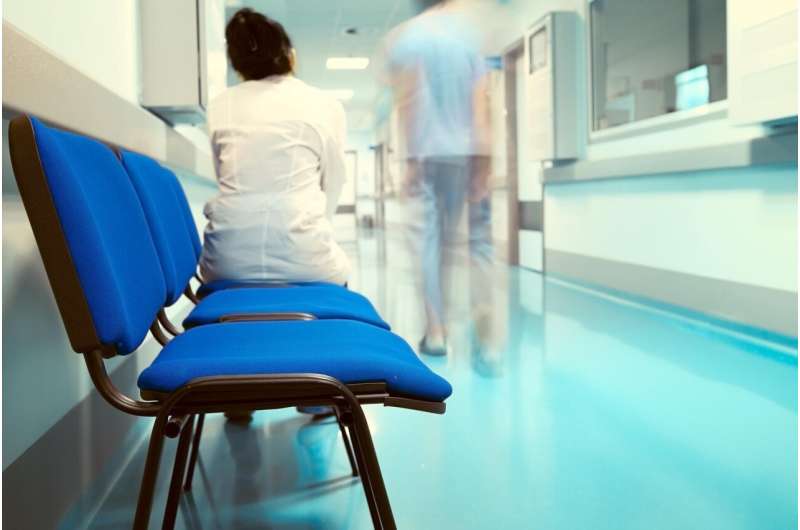Patients with emergency department encounters are more likely to screen positive for social determinants of health (SDOH) needs, according to a research letter published online Dec. 19 in JAMA Network Open.
Stacie Vilendrer, M.D., M.S.P.H., from the Stanford University School of Medicine in California, and colleagues conducted a cross-sectional study to explore the characteristics of patients who are screened and screen positive for SDOH needs in different clinical settings in a large health system. Systemwide standardized SDOH screens were administered in Intermountain Healthcare primary care clinics and emergency departments between Sept. 1, 2019, and Dec. 31, 2020.
During the study period, 16.7% of 2,058,836 in-person primary care encounters, 8.0% of 389,789 virtual primary care encounters, and 0.2% of 383,596 emergency department encounters were screened. The researchers found that relative to all encounters, emergency department encounters were significantly more likely to reveal SDOH needs (51.6 versus 7.8%), despite significantly lower screening rates (0.2 versus 13.3%).
Married marital status and chronic pulmonary disease or cancer diagnoses were significantly less likely to be associated with positive SDOH screening. Significant associations with having a positive SDOH screen were seen for Hispanic ethnicity, highest area deprivation index, and diagnosis of depression, drug use disorder, or obesity.
"Our study found that patients screened in the emergency department were more likely to screen positive for SDOH needs, which is not surprising given utilization patterns," the authors write.
More information: Stacie Vilendrer et al, Screening for Social Determinants of Health During Primary Care and Emergency Department Encounters, JAMA Network Open (2023). DOI: 10.1001/jamanetworkopen.2023.48646
Journal information: JAMA Network Open
2023 HealthDay. All rights reserved.























